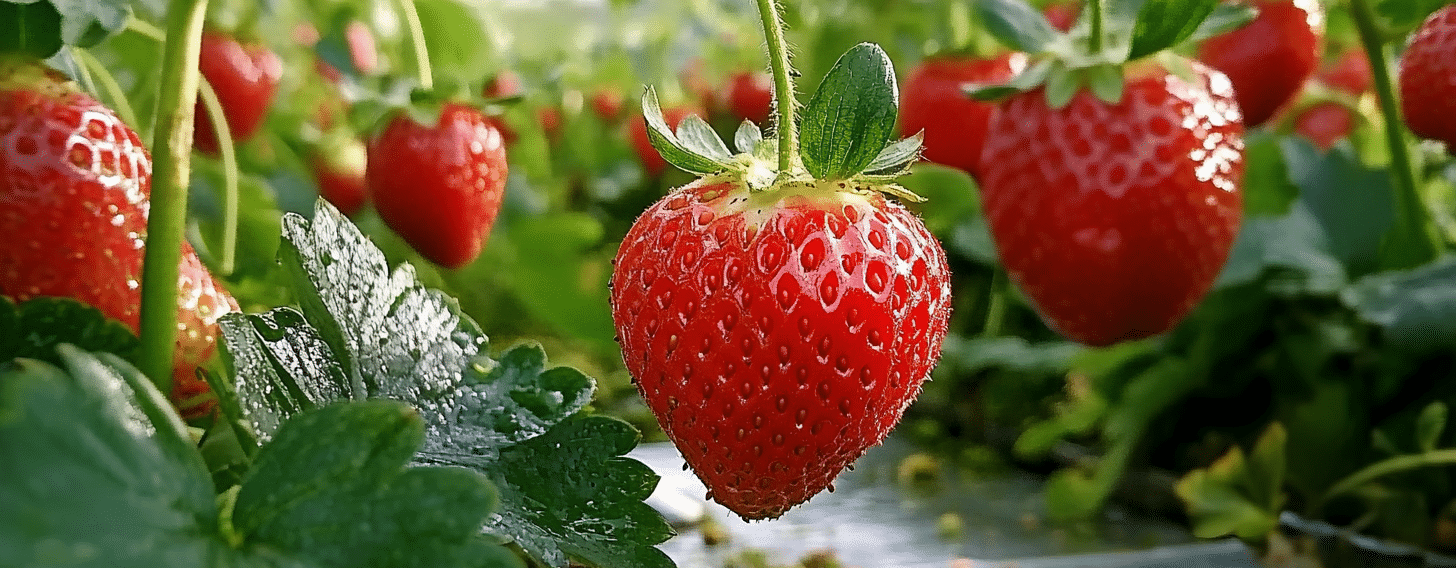Chitosan is a biopolymer extracted from chitin (found in the shells of crustaceans) that has been shown to induce plant resistance to various pathogens and stressors. The mechanism by which chitosan induces plant resistance can be summarized as follows:
Activation of defense mechanisms:
Chitosan can trigger the innate immune system of plants. It activates various defense-related genes, leading to the production of pathogenesis-related (PR) proteins that play a key role in plant defense.
Induction of systemic acquired resistance (SAR):
Chitosan can promote systemic acquired resistance, a “whole plant” resistance mechanism that provides long-term protection against a wide range of pathogens. This involves signaling pathways that lead to the production of defense compounds throughout the plant.
Enhanced antioxidant activity:
Chitosan treatment can enhance the activity of antioxidant enzymes, helping to alleviate oxidative stress caused by pathogen attack or environmental stress. This helps maintain cellular integrity and function.
Reinforce cell wall:
Chitosan can stimulate the synthesis of structural components in plant cell walls, such as callose and lignin, thereby strengthening the physical barrier against pathogen invasion.
Check back for additional information in the next article.For more information, please feel free to contact us:Info@g-teck.net
Post time: Feb-14-2025





